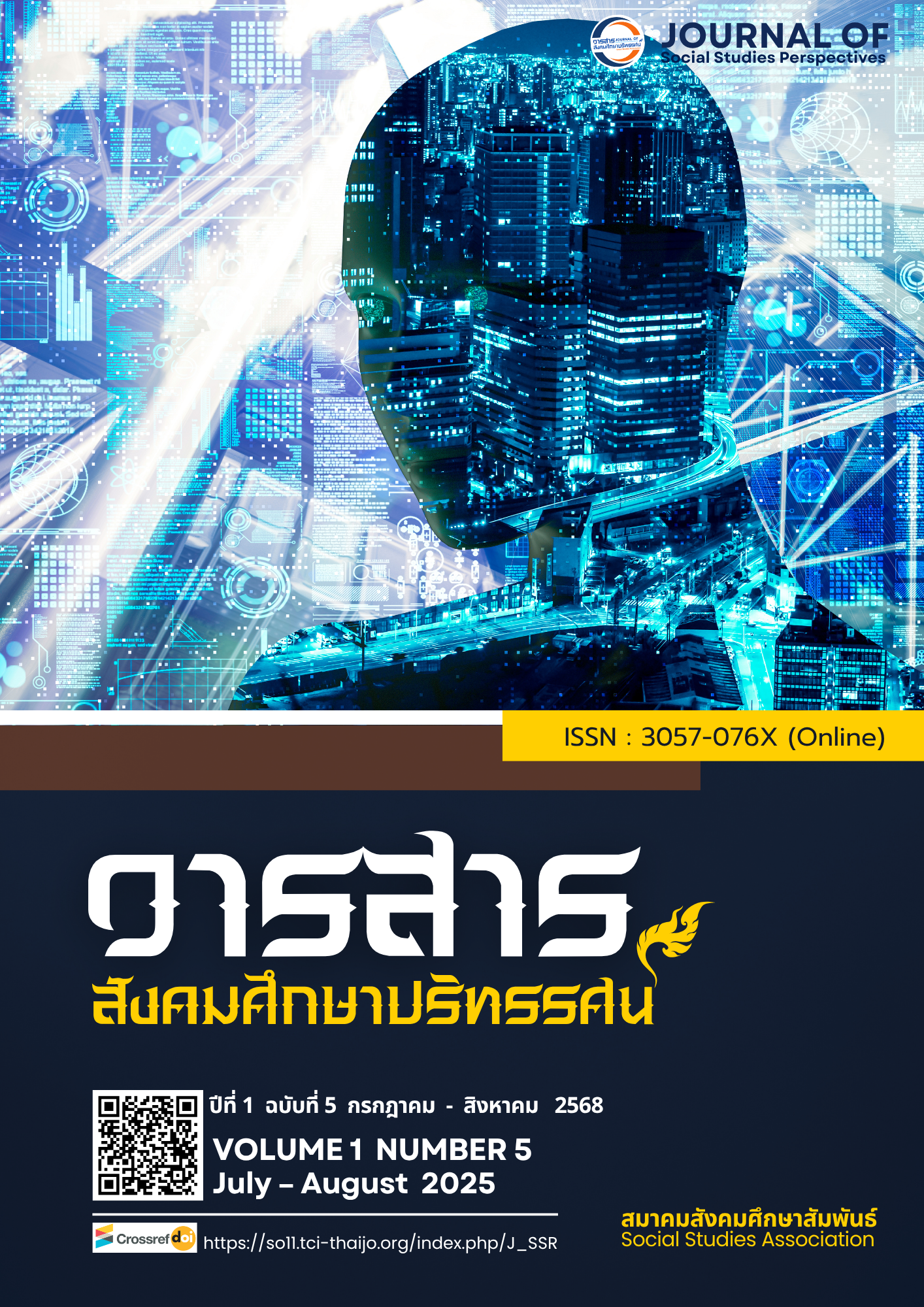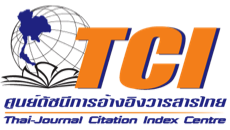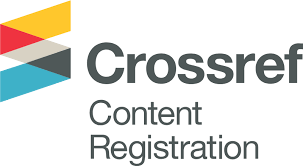EQUITY IN EDUCATION: ACCESS AND QUALITY
DOI:
https://doi.org/10.64186/jsp1837%20Keywords:
Equity in education , Access to education , Quality of educationAbstract
Equity in education is a crucial factor influencing the quality of life and social opportunities of the population. Although Thailand has policies and laws supporting education for all, disparities in educational access and quality remain significant challenges. This article analyzes equity in education through four key aspects: (1) Access to education for all populations, which presents challenges, particularly in rural areas and among vulnerable groups such as impoverished children and migrant students; (2) Equal quality of education, which is affected by disparities in resources between urban and rural schools; (3) Economic and social support, as family economic status directly impacts educational opportunities; and (4) Fair and inclusive assessment systems, which currently apply uniform standards without considering the diverse contexts of learners. In addition, this study presents strategic approaches to fostering educational equity. These include the use of Adaptive Learning Technology to reduce barriers to access, the development of teachers and curricula tailored to diverse learners based on the concept of School as a Learning Community (SLC), the promotion of collaboration between the public and private sectors to support education—drawing lessons from New Zealand’s educational model, and the design of flexible assessment systems that genuinely reflect students’ potential through the use of constructive feedback. These approaches aim to bridge educational gaps and promote a more equitable and high-quality education system for all.
References
Down’s Syndrome Association. (n.d.). Planning an inclusive and accessiblecurriculum for all learners. https://www.downs-syndrome.org.uk/wpcontent/uploads/2023/10/Education-ProjectPlanning-an-inclusive-and-accessible
curriculum-for-all-learners-09.10.23.pdf
Educa Thai. (n.d.). One size fits all Differentiated Instruction.
https://www.educathai.com/knowledge/articles/305
Educa Thai. (2020). Applying the Concept of SLC in the Classroom
https://www.educathai.com/knowledge/articles/480
Educa Thai. (2020). SLC - School as Learning Community: What Is It?
https://www.educathai.com/knowledge/articles/481
Equitable Education Fund. (2022, June 16). Lessons learned from educational reform: The key
to equity. https://www.eef.or.th/article-the-key-to-equality-finland-new-zealand-thailand/
Google Blog. (n.d.). Adaptive learning technology. https://blog-google.translate.goog/outreach
initiatives/education/adaptive-learning-technology
Ministry of Foreign Affairs. (2008). Universal Declaration of Human Rights.
https://humanrights.mfa.go.th/upload/pdf/udhr-th-en.pdf?utm_source=chatgpt.com
Pisa Thailand. (2018, May 17) Are Rural and Urban Schools Different? How?
https://pisathailand.ipst.ac.th/issue-2019-41/
Ratana, C. (2015). The development of an educational management model for migrant children
in Thailand. http://ithesisir.su.ac.th/dspace/bitstream/123456789/133/1/21.53260917
Reading Rockets. (n.d.). Teaching to the test: Just say no.
https://www.readingrockets.org/topics/curriculum-and-instruction/articles/teach-test-just say-no
Royal Thai Government Gazette. (1999). National Education Act B.E. 2542 (1999). Volume 116,
Part 78, Page 1.
Royal Thai Government Gazette. (2017). National Education Act (No. 4) B.E. 2560 (2017). Volume
, Part 63, Page 2.
Nutley, T. (2024, August 27). Feedback: The breakfast of champions.
https://ukcpd.co.uk/feedback-the-breakfast-of-champions/
Zev, M. (n.d.). Einstein didn’t say it, and neither should you. Medium.
https://medium.com/@MarcZev/einstein-didnt-say-it-and-neither-should-you-1e121ba0866f
Downloads
Published
How to Cite
Issue
Section
Categories
License
Copyright (c) 2025 Journal of social studies perspectives

This work is licensed under a Creative Commons Attribution-NonCommercial-NoDerivatives 4.0 International License.
The article is published under the Creative Commons Attribution-NonCommercial-NoDerivatives 4.0 International (CC BY-NC-ND 4.0) license, which allows others to share the article while giving appropriate credit to the author. It prohibits the use of the article for commercial purposes or the creation of derivative works. Any other reuse or reproduction requires permission from the journal.










